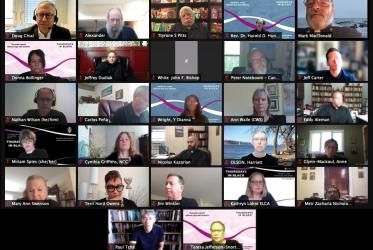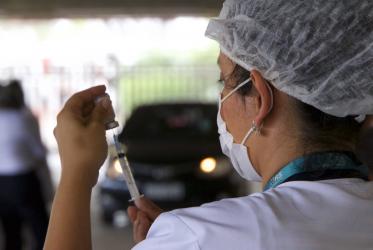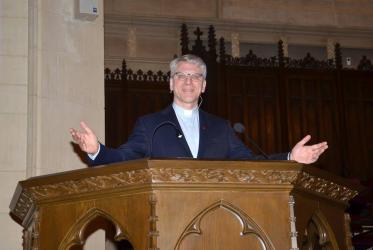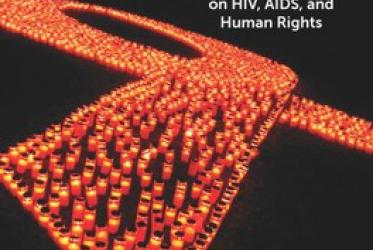Displaying 1 - 20 of 29
WCC general secretary: “We believe in God’s love”
31 March 2019
Turning mercy and compassion into action
04 March 2019
UN discussion focuses on women, HIV and property rights
21 March 2017
WCC book featured in UN discussion on gender, religions and health
16 September 2016















